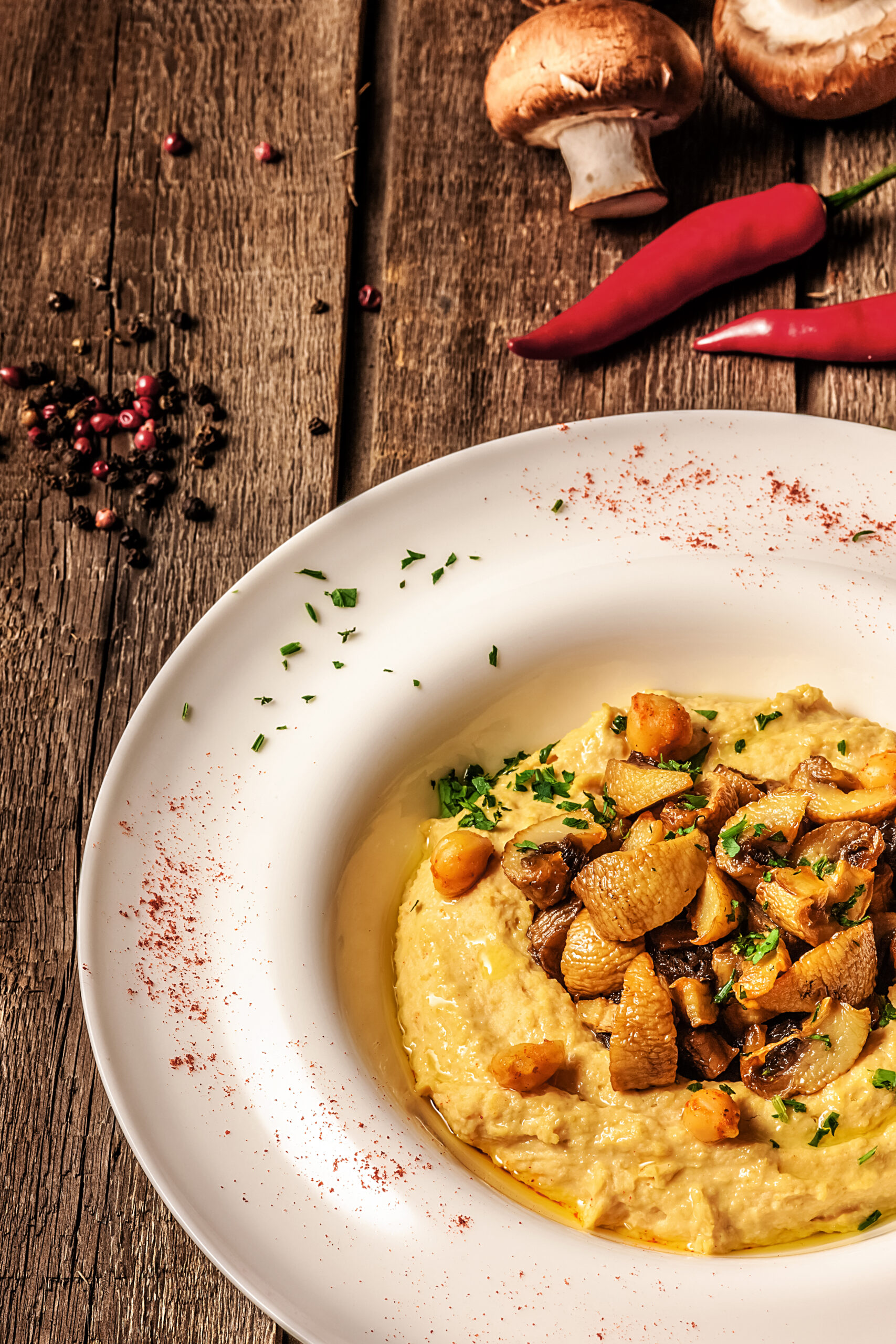In the picturesque landscape of Istria, a crescent-shaped peninsula shared by Croatia, Slovenia, and Italy, the kitchen is more than just a place for cooking; it’s a hub of tradition and sustainability. The use of local and organic produce is not just a trend in this region but a longstanding practice rooted deeply in its culinary traditions. This commitment to local sourcing has significant benefits, not only for the flavors and nutritional value of the food but also for the community and the environment.
The Importance of Local and Organic Ingredients
1. Enhanced Flavor and Nutrients
The most immediate benefit of using local and organic ingredients in cooking is the superior flavor and nutritional content. Produce that hasn’t traveled long distances is fresher and thus retains more of its natural flavors and nutrients. In Istria, the practice of harvesting fruits and vegetables when they are ripe for consumption ensures that dishes are not only bursting with flavor but are also more nutritious.
2. Supporting the Local Economy
Using local ingredients supports Istrian farmers and producers, sustaining the local economy. By buying locally, restaurants and individuals help maintain the agricultural community, which is vital for the preservation of Istria’s rural landscape and cultural heritage. This close-knit supply chain not only fosters community solidarity but also reduces dependency on imported goods.
3. Sustainability and Environment
Local sourcing reduces the carbon footprint associated with long-distance food transport. Additionally, organic farming practices avoid the use of synthetic pesticides and fertilizers, minimizing soil and water contamination and promoting biodiversity. In Istria, where vineyards, olive groves, and truffle-rich forests are integral to both the economy and the ecosystem, sustainable practices ensure that these resources continue to thrive for generations.
4. Preservation of Culinary Traditions
Using local and organic ingredients allows chefs and home cooks to create dishes that are authentic to Istrian cuisine. This not only preserves culinary traditions but also showcases the region’s unique flavors to locals and visitors alike. Dishes like fuži with truffles, boškarin (Istrian ox) stew, and wild asparagus frittata offer a taste of the landscape and cultural history.
The Health Benefits of Istrian Cuisine
Istrian cuisine, with its Mediterranean roots, is renowned for its health benefits. The diet here is based on olive oil, fresh seafood, seasonal vegetables, legumes, and whole grains, which are all staples known for promoting heart health and longevity. The liberal use of olives and olive oil, both rich in monounsaturated fats and antioxidants, exemplifies how local ingredients contribute to a healthy diet.
Furthermore, the emphasis on fresh, organic produce means that Istrian dishes are typically low in processed substances and harmful additives, making them healthier for consumption. The culinary practices here not only nourish the body but also engage the senses, creating a holistic eating experience that promotes overall well-being.
Conclusion
The dedication to using local and organic produce in Istrian cuisine is more than just a culinary preference—it’s a reflection of the region’s commitment to health, community, and environment. This philosophy not only enhances the dining experience but also contributes to a sustainable future. For those looking to understand the essence of Istrian food, it’s important to recognize how these practices shape the flavors and the very culture of the region. As Istria continues to embrace its agricultural heritage, it stands as a model for how local and organic practices can enrich cuisine and community alike.

